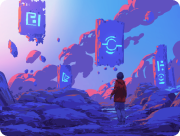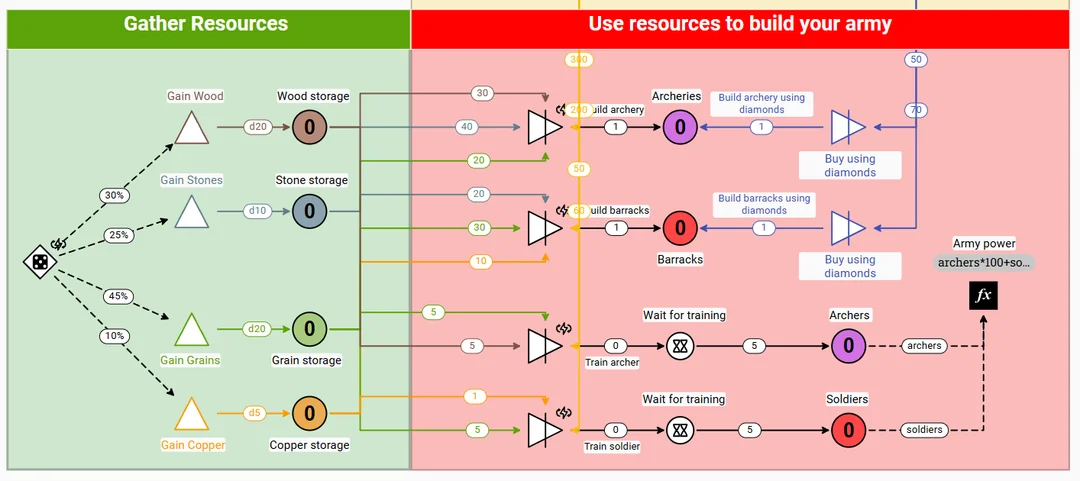Level Up Your Game Design – The Key Tool for Game Design Success
Machinations is a dynamic platform that serves as a hub for game designers, strategists, and simulation enthusiasts alike. With an intuitive interface and powerful simulation engine, you can visualize, prototype, and refine game mechanics with unparalleled ease.
Whether you’re an indie designer striving to create captivating gameplay experiences or a seasoned professional seeking to optimize player engagement, Machinations provides the tools and resources necessary to bring your vision to life. From visualizing complex systems to simulating player behavior, Machinations empowers you to experiment, iterate, and craft compelling interactive experiences.



